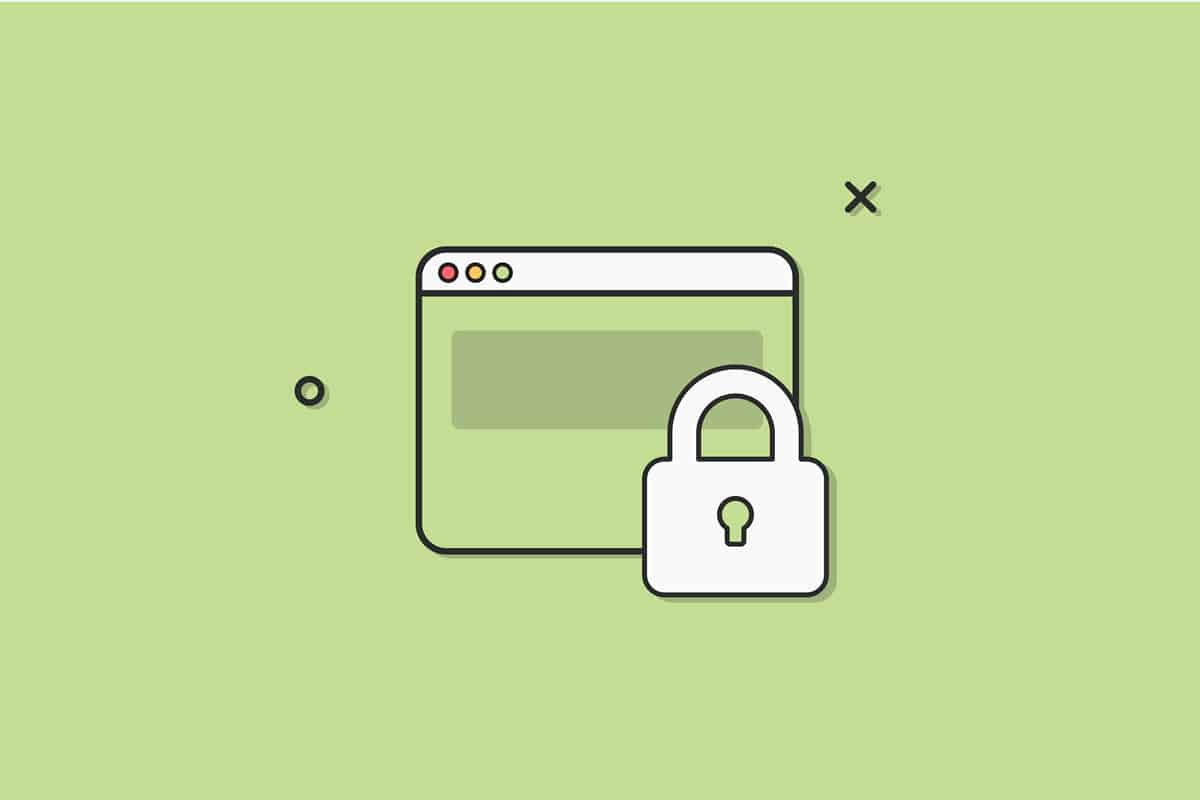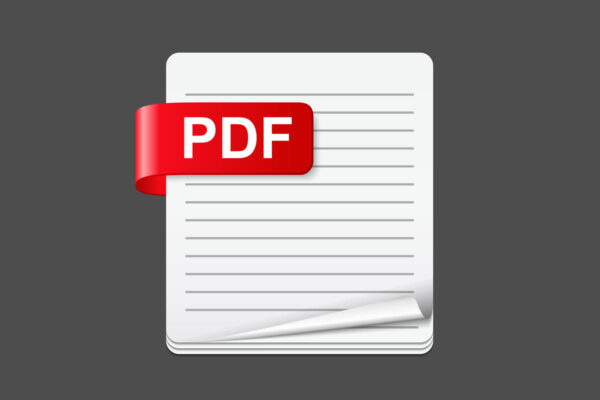Why Do You Need to Secure Your Site to Rank Better on Google

Estimated reading time: 8 minutes
Table of contents
If you’re a website owner wondering whether you need to secure your site to rank better on Google, you’ve come to the right place.
As the most popular search engine worldwide, site owners race to rank high on Google to gain organic traffic and drive more visitors to their site.
However, understanding the search engine’s algorithm can be tricky as Google’s webmaster guidelines are constantly changing and being updated.
In this article, we’ll find out how site security can affect your ranking on Google. In addition to that, we’ll discuss six ways to secure your website and explain why they are necessary to help it rank higher.
Let’s start.
Why Site Security is Important for Google Ranking
Site security has become a staple ranking factor to Google. Back in 2014, the company made an update mentioning that securing your website with SSL will improve its ranking on search results.
As a company that prioritizes users, Google sees site security as a vital ranking factor because there’s a growing number of cyberattacks.
More so, people browse the internet not only to find information but also to make transactions and share sensitive data. When a site isn’t properly secured, it runs the risk of getting hacked, resulting in data breaches.
In fact, over 80% of US internet users feel their data is vulnerable to hackers. The most pressing concerns revolve around sensitive data such as credit card information and social security numbers disclosure, which can lead to identity theft and financial losses.
In addition to jeopardizing visitors’ safety, a single data breach can cost businesses up to $4 million dollars.
For the above reasons, site security has become a serious factor in Google’s ranking algorithm.
6 Ways to Secure Your Site
Now that we’ve established why site security matters for your ranking on Google search results, let’s take a look at six practices to secure your site.
1. Install an SSL Certificate
Installing an SSL certificate secures your site’s connection by moving it from HTTP to the HTTPS environment, which is preferred by Google to rank your website higher on their search results.
HTTPS will encrypt the interactions between users and your website, so any transferred data will remain encrypted and inaccessible by hackers.
Data sent using HTTPS is secured by three layers of protection:
- Encryption. Data is kept safe from eavesdropping. Third parties won’t be able to listen to conversations, track activities, or steal information.
- Data integrity. Data can’t be modified or corrupted during transfers.
- Authentication. It protects users against man-in-the-middle attacks and ensures visitors communicate with the intended website only.
That said, it’s important to understand the best practices to implement the HTTPS protocol.
If you use a CMS like WordPress, there are two ways you can get an SSL certificate. The first is to pick a hosting provider that offers the feature. Or, purchase an SSL certificate from a trusted provider such as Comodo SSL, DigiCert, or GlobalSign.
When migrating your site from HTTP to HTTPS, Google treats this as a URL change that can temporarily affect your traffic numbers.
To ensure a smooth migration, add your site with the new HTTPS property to Google Search Console. Not only will this help Google recognize your site faster, but it’ll also crawl, index, and rank your site better.
2. Use Strong Passwords
Weak passwords might not withstand brute force attacks, one of the most common security threats for websites. You risk losing data, content, and other sensitive information stored in your account.
To prevent that from happening, Google suggests creating strong and unique passwords for your account. In addition, use different passwords for each of your online accounts, including social media profiles.
SEE ALSO: How To Create A Strong Password
Keep track of all your passwords using password manager apps. Not only will this help you not forget passwords, but it will also create a more secure environment to access your accounts.
Additionally, password managers typically come with useful features such as password creation to help come up with an impenetrable text string. Instead of using basic phrases such as your pet’s name or date of birth, it’ll generate an unpredictable sequence of letters, symbols, and numbers like tH3%m05timlD5aMU3L.
3. Monitor and Remove Hacked Content
Even if you’ve taken the security measures mentioned above, cyber-attacks can still happen.
Oftentimes, hacks are invisible to the owner, yet remain harmful to anyone visiting the page. When this happens, hackers can perform malicious activities such as adding spam or installing malware to steal login credentials and credit card details.
That said, some signs that your website might be compromised include:
- Hack notice in search results, saying “This site may be hacked”
- Notification in your browser
- An email from Google
When that happens, it’s important you understand how to quickly remove hacked content from your site as Google considers this to be another SEO practice. If you need help, consider hiring a professional to remove the issue.
On the flip side, getting hacked can help identify vulnerabilities, resulting in a more secure site once you put it back online.
As a preventive measure, make sure to regularly monitor your site for hacked content. Do so by registering your site on Google Search Console and checking the Security Issues section to detect any hacks.
4. Install Security Plugins
If you use WordPress, another great way to maximize your security is to use plugins.
These extensions come with features to enhance site protection. For example, Jetpack can record activity logs to detect anything suspicious. It also comes with brute force attack shielding and malware protection as the basic security treatment.
Another popular plugin is Sucuri Security, which features malware scans, DDoS protection, and instant notifications for suspicious activities.
Another alternative is Wordfence Security. This plugin offers great preventive features such as robust firewalls and strong login security.
That said, make sure to figure out which plugin is the best for your site. Avoid installing too many of them as this can slow down your site and compromise its performance.
SEE ALSO: 27 Essential WordPress Plugins You Need To Install
5. Constantly Update Your Site
If you use WordPress or any other CMS, it’s vital to make sure your website, plugins, and themes are updated. This helps with security and ensures everything works exactly as it should.
Usually, updates contain feature enhancements, compatibility updates, and fixes to software bugs and security issues. Using old versions can lead to software vulnerabilities, which cybercriminals can take advantage of.
Therefore, it’s critical you pay attention to any update notifications. If you’re using WordPress, it will alert you through the dashboard with red icons. As soon as you see that an update is available, make sure to install it right away.
Alternatively, you might want to choose a website design and development company to perform magic when discussing engineering websites for superior performance.
6. Educate Yourself
Cybercriminals are changing their tactics every day. They continuously find new ways to harm websites and perform malicious activities. Thus, it’s important to stay updated with the latest cyber threats.
To date, some of the most popular website security attacks include:
- Cross-site scripting. Also known as XSS, it targets web users. Hackers insert code that can modify how the site content looks so users give out private information.
- Injection attacks. They target the website’s and server’s database to reveal hidden data and compromise the application.
- Fuzzing. Attackers use this technique to find vulnerabilities on a site and exploit them.
- DDoS attack. This activity aims to overwhelm the web server with requests so the website goes down. The goal is to distract the security systems while exploiting a vulnerability.
- Man-in-the-middle attack. This action can highly affect sites that are in the HTTP environment. Attackers use this loophole to gather sensitive information transferred between two parties.
- Brute force attack. This is when hackers guess your login credentials by guessing the username and password combination. Mitigate this attack by strengthening your password complexity.
As a website owner, it’s vital to keep yourself updated and educated on the latest security threats. To do so, consider reading articles and joining courses on security training platforms such as KnowBe4 or Sophos.
Other Practices to Rank Better in Google
Other than the security measures listed above, make sure your website implements these basic practices to rank on search results:
- Be descriptive. Use accurate titles for your pages. Google recommends using one topic or closely related terms per page to help them rank better.
- Be complete. Mention everything that you have to offer to maximize your ranking opportunities.
- Use text. Describe images, videos, graphics, and other visual elements with alt-text as Google best understands written language.
- Get referrals. Collect backlinks and have your site mentioned in reputable and appropriate sources.
After helping Google understand your content, optimize your website for users. Make sure your website is free from broken links, mobile-friendly, fast to load, and accessible for readers with visual impairment.
Conclusion
Google has made it clear that site security is one of its ranking factors. Due to that and to stay safe against cybercrime, it’s important to secure your website using these measures:
- Install an SSL certificate
- Use strong passwords
- Monitor and remove hacked content
- Install security plugins
- Update your site consistently
- Educate yourself on cybercrime trends
Although these practices don’t guarantee to rank your website in the first position on Google search results, you’ll definitely see some improvement. So keep at it and be prepared to see your search engine rankings rise. Good luck!








